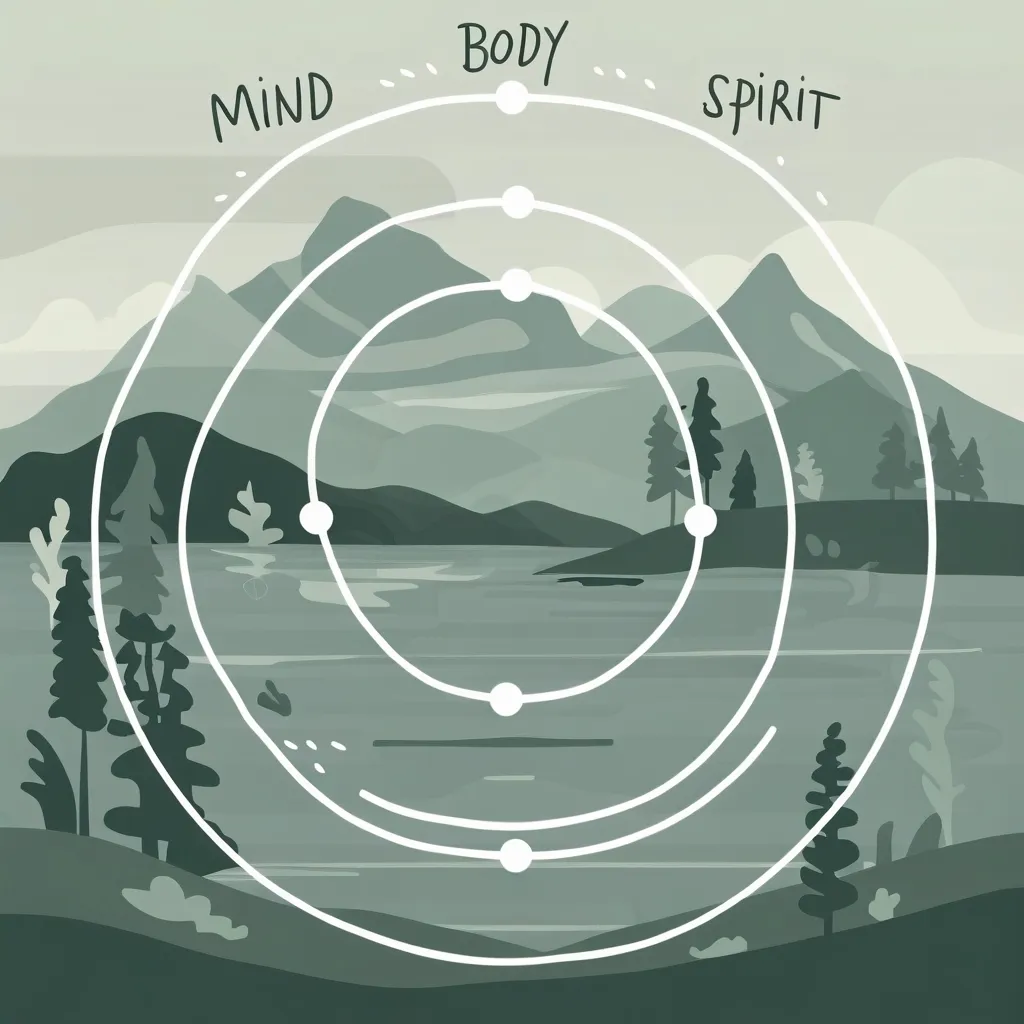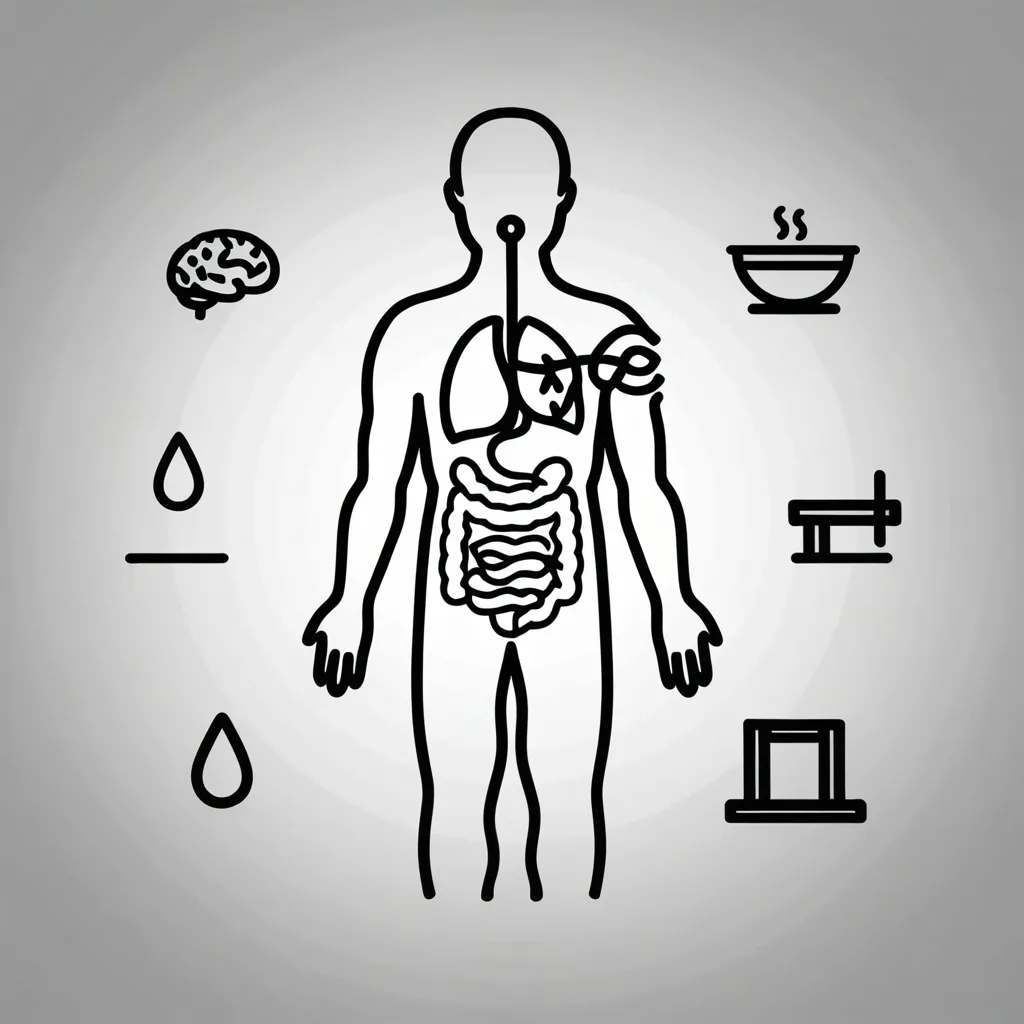Managing hypothyroidism is a journey, plain and simple. It’s not just about popping a pill and calling it a day. No, it’s a mix of treatments, lifestyle tweaks, and some serious thought about what you’re putting into your body. Hypothyroidism, for those who might not know, is when your thyroid gland can’t keep up and doesn’t make enough thyroid hormones. This causes a bunch of annoying symptoms like being tired all the time, packing on the pounds, and being super sensitive to the cold. Let’s dive into how to keep this condition in check effectively, shall we?
Getting the Gist of Hypothyroidism
Hypothyroidism is a pretty common condition, impacting folks all over the globe. It all starts with the thyroid gland, that little butterfly-shaped thing in your neck, just not doing its job properly. Thyroid hormones are vital because they manage how your body uses energy, how you grow, and how you develop overall. Without enough of these hormones, you can feel constantly tired, sluggish, and worse. Common symptoms include feeling chilled even in warm weather, gaining weight for no apparent reason, having trouble pooping (yes, constipation), and dealing with annoyingly dry skin.
The Medical Side of Things
First up, there’s no way around it—you’ll need some sort of medical treatment. Usually, that involves thyroid hormone replacement therapy. Typically, that’s synthetic thyroid hormones like levothyroxine. It’s crucial to be on the same page with your healthcare provider to figure out the exact dosage you need because it’s not one-size-fits-all. Regular blood tests will be your new best friend to make sure everything is in balance.
Tweaking Your Diet
What you eat can seriously affect your hypothyroidism. Foods rich in iodine are a must. Think seafood, dairy, and iodized salt to keep your thyroid happy. Selenium, found in Brazil nuts, fish, and turkey, also does wonders. Don’t forget antioxidants—berries, leafy greens, and fruits can help mitigate some oxidative stress.
But not all food is your friend. Soy products, for instance, can mess with how well your body absorbs levothyroxine, so it’s better to have them at different times of the day. If you’re big on fiber, keep an eye on how much you’re consuming, as it can also mess with hormone absorption. Even calcium supplements and antacids containing aluminum hydroxide can be sneaky culprits.
Lifestyle Hacks
Small lifestyle adjustments can hugely impact how you feel. Get moving with regular exercise like walking or yoga to help boost your energy. Stress is another biggie. Techniques like meditation, deep breathing, or mindfulness can make a world of difference. And for the night owls out there, quality sleep is more crucial than ever. Aim to hit 7-8 hours each night to help keep your hormones in check.
Love Your Liver
Your liver is key in detoxifying the body and lending a hand to thyroid function. Keeping it healthy can help you feel better overall. Lean on foods like leafy greens, cruciferous veggies, and those omega-3 fatty acids from fish. And be kind to your liver—avoid alcohol and processed foods as much as possible.
Supplements Aren’t Magic, But They Help
Supplements can be a great sidekick but remember, they’re not your main defense. Omega-3 fatty acids, vitamin D, and probiotics are good shouts. Just be sure to check in with your healthcare provider before adding anything new to your routine to make sure nothing’s going to clash with your medication.
The Adrenal Angle
Adrenal fatigue is something to be aware of if you’ve got hypothyroidism. Your adrenal glands are like your body’s stress managers, and when they’re tired, it can make thyroid symptoms worse. Taking steps to manage stress and ensuring you get enough restful sleep can support adrenal health.
Lean on Your Support System
Living with hypothyroidism can be tough, but you don’t have to go it alone. Support groups, friends, and family can be lifesavers in terms of emotional support. Keeping a journal to track your symptoms and medication can also help you and your healthcare provider manage your condition more effectively.
What’s on the Horizon
Even though we know quite a bit about hypothyroidism, there’s still loads to learn. Future research is focused on uncovering new risk factors, improving how we diagnose the condition, and understanding the impact of environmental chemicals and the link between thyroid health and heart diseases.
In a nutshell, managing hypothyroidism is about looking at your life as a whole. It’s about combining medical treatments with smart dietary and lifestyle choices, and making sure you have the emotional support you need. By understanding your condition and making informed decisions, you can take control and improve your quality of life.






